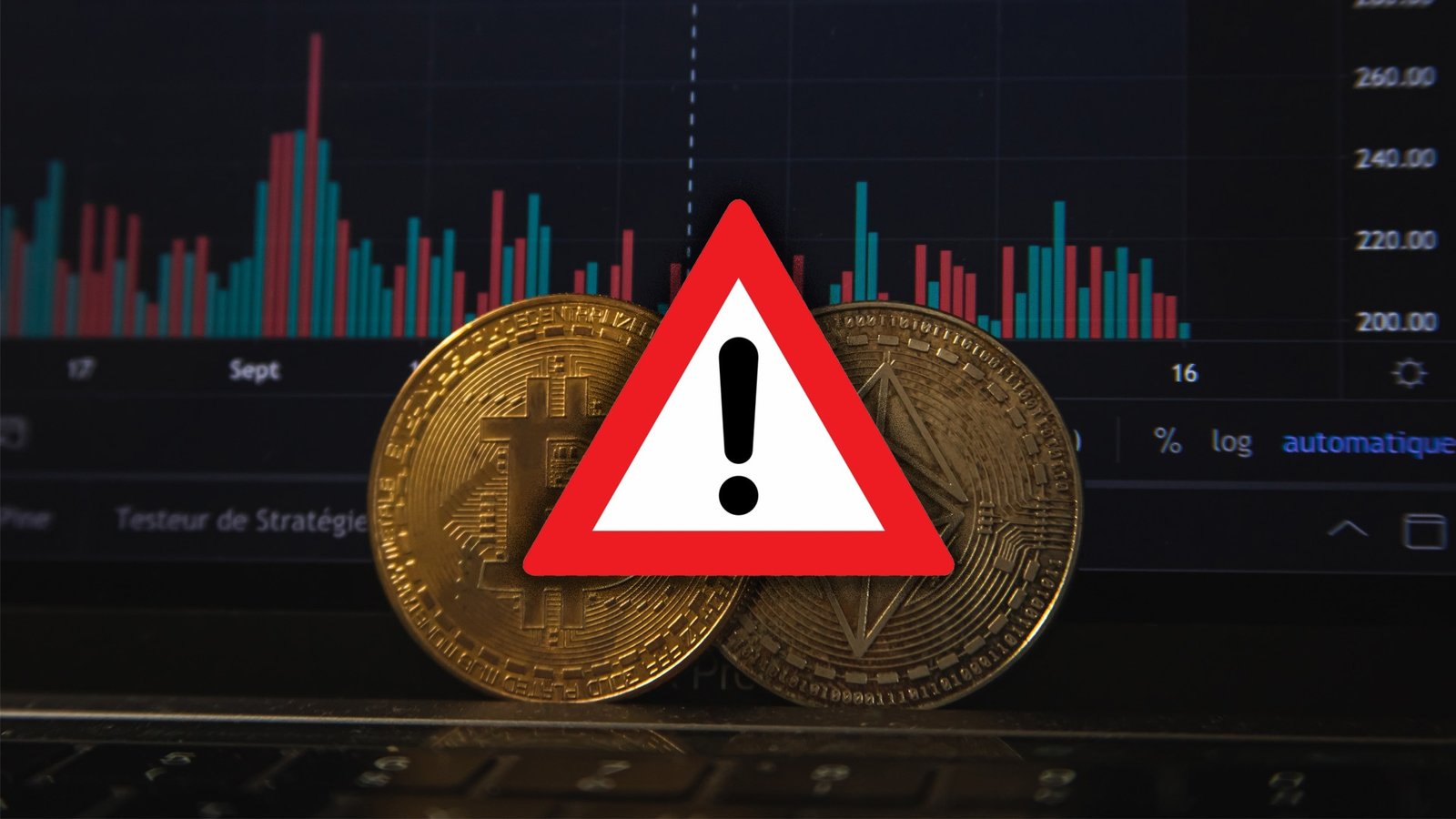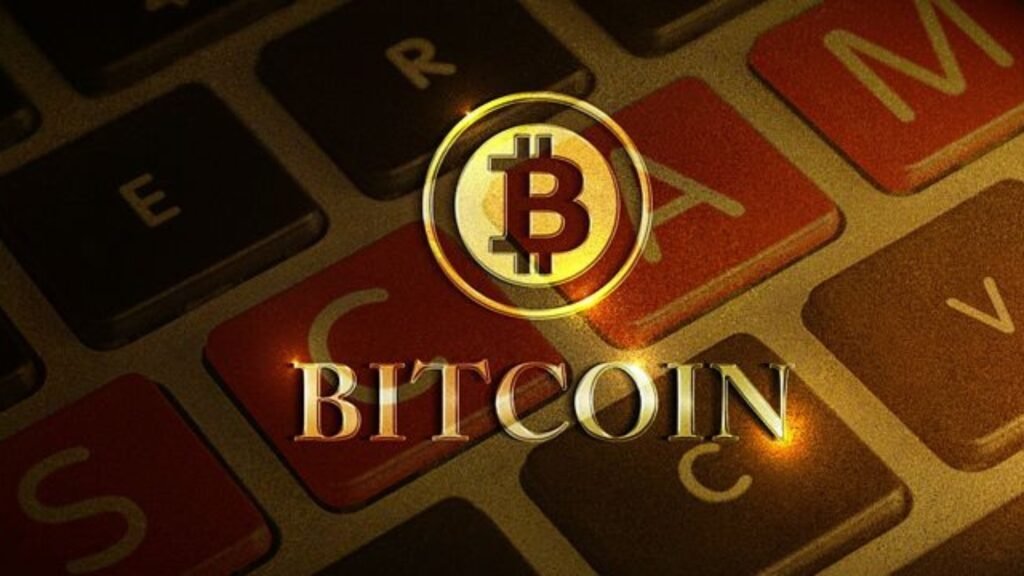Bitcoin Revolution Scam: Bitcoin and other cryptocurrencies have gained mainstream attention, creating opportunities and risks for investors. One of the most significant risks is falling victim to scams, and among the most notorious is the “Bitcoin Revolution” scam. Despite being widely exposed as fraudulent, this scam has evolved, continuing to trap unsuspecting victims. Here’s an in-depth look at how the Bitcoin Revolution scam operates, why it persists, and how to protect yourself.
What is the Bitcoin Revolution Scam?
The Bitcoin Revolution scam is a fraudulent scheme that promises investors enormous profits by leveraging Bitcoin and other cryptocurrencies. The scam typically presents itself as an automated trading platform that uses advanced algorithms to trade cryptocurrencies on behalf of the user. The advertised success rates are often outrageously high, with claims of users earning thousands of dollars in a single day with minimal effort.
The scam is usually promoted through fake news articles, bogus testimonials, and deceptive marketing tactics. These often feature fabricated endorsements from celebrities, including well-known figures like Elon Musk, Richard Branson, and even Bill Gates. The allure of quick and easy money, combined with the credibility seemingly lent by these endorsements, draws in many victims.
How the Scam Works
The Bitcoin Revolution scam generally follows a well-worn path designed to lure in and exploit victims. Here’s how it typically unfolds:
- Initial Contact: The scam usually begins with an ad or an email promising significant returns on a small initial investment. The marketing is polished and professional, often leading victims to believe they are dealing with a legitimate company.
- The Sign-Up Process: Once victims click on the ad, they are directed to a website where they are asked to sign up. The sign-up process is straightforward, requiring only basic information like a name, email address, and phone number.
- Deposit Requirement: The victim is urged to make an initial deposit after signing up. The minimum deposit is often set at $250, substantial enough to hurt but small enough to seem like a reasonable risk for the promised returns.
- Fake Trading Dashboard: Once the deposit is made, the victim can access a trading dashboard that simulates actual cryptocurrency trading. This dashboard often shows profits accumulating rapidly, encouraging the victim to invest more.
- Withdrawal Issues: When the victim attempts to withdraw their profits, they are either met with delays, requests for more information, or demands additional deposits to cover supposed fees or taxes. The scammer is stalling for time while attempting to extract as much money as possible from the victim.
- Complete Loss: Eventually, the victim realizes that they have been scammed when they can no longer access their account, the website disappears, or customer service becomes unresponsive.
The Evolution of the Scam
The Bitcoin Revolution scam has been around for several years, but it has evolved to stay relevant and continue to deceive potential victims. In 2024, scammers are using more sophisticated techniques, including deepfake technology, to create seemingly real video endorsements from celebrities and influencers. Additionally, scammers are exploiting the rise of decentralized finance (DeFi) to create more complex and convincing narratives.
One particularly alarming trend is the integration of phishing and social engineering tactics into the scam. Victims are more likely to be contacted directly through phone calls or personalized emails, adding more legitimacy to the fraud. Professional-sounding individuals who can convincingly pose as financial advisors or customer service representatives often carry out these communications.
How to Spot a Bitcoin Revolution Scam
Identifying a scam like Bitcoin Revolution can be challenging, especially for those new to cryptocurrency. However, there are several red flags to watch out for:
- Unrealistic Promises: If an investment opportunity promises guaranteed returns, especially at excessively high rates, it’s likely a scam. Cryptocurrency markets are highly volatile, and no legitimate service can guarantee profits.
- Celebrity Endorsements: Be wary of any investment platform heavily featuring celebrity endorsements, especially if they seem too good to be true. Research whether these endorsements are real, as scammers often fabricate them.
- Pressure to Deposit: Scammers often use high-pressure tactics to quickly push victims into making deposits. They might claim that the opportunity is limited or prices will soon rise. Legitimate investment platforms do not operate this way.
- Difficulty Withdrawing Funds: A major red flag is difficulty withdrawing funds. If a platform makes it hard to access your money or continually asks for more deposits, it’s likely a scam.
- Lack of Transparency: Legitimate companies are transparent about their operations, including who runs them, where they’re based, and how the technology works. Be cautious if this information is not readily available or difficult to verify.
Protecting Yourself from Cryptocurrency Scams
With the rise of cryptocurrency scams, it’s essential to take steps to protect yourself:
- Do Your Research: Before investing in any platform, thoroughly research it. Look for independent reviews, news articles, and discussion forums where people share their experiences. Be skeptical of glowing testimonials that seem too good to be true.
- Use Reputable Platforms: Stick to well-known and reputable cryptocurrency exchanges and trading platforms. These companies have a track record and are likelier to follow regulations and provide customer support.
- Be Cautious with Personal Information: Avoid giving out personal information or making deposits to platforms you are not 100% sure are legitimate. Scammers often use this information to steal your identity or commit fraud.
- Educate Yourself: The more you know about cryptocurrency and how it works, the less likely you will fall for a scam. Learn about blockchain technology, how trades are executed, and the common scams.
- Report Scams: If you encounter a scam or fall victim to one, report it to the relevant authorities in your country. This can help prevent others from becoming victims.
Conclusion
The Bitcoin Revolution scam is a persistent and evolving threat in the cryptocurrency world. While it may promise incredible returns with little effort, the reality is that it’s designed to steal your money. You can protect yourself from this and other cryptocurrency scams by staying informed and vigilant. Remember, if something seems too good to be true, it probably is.


